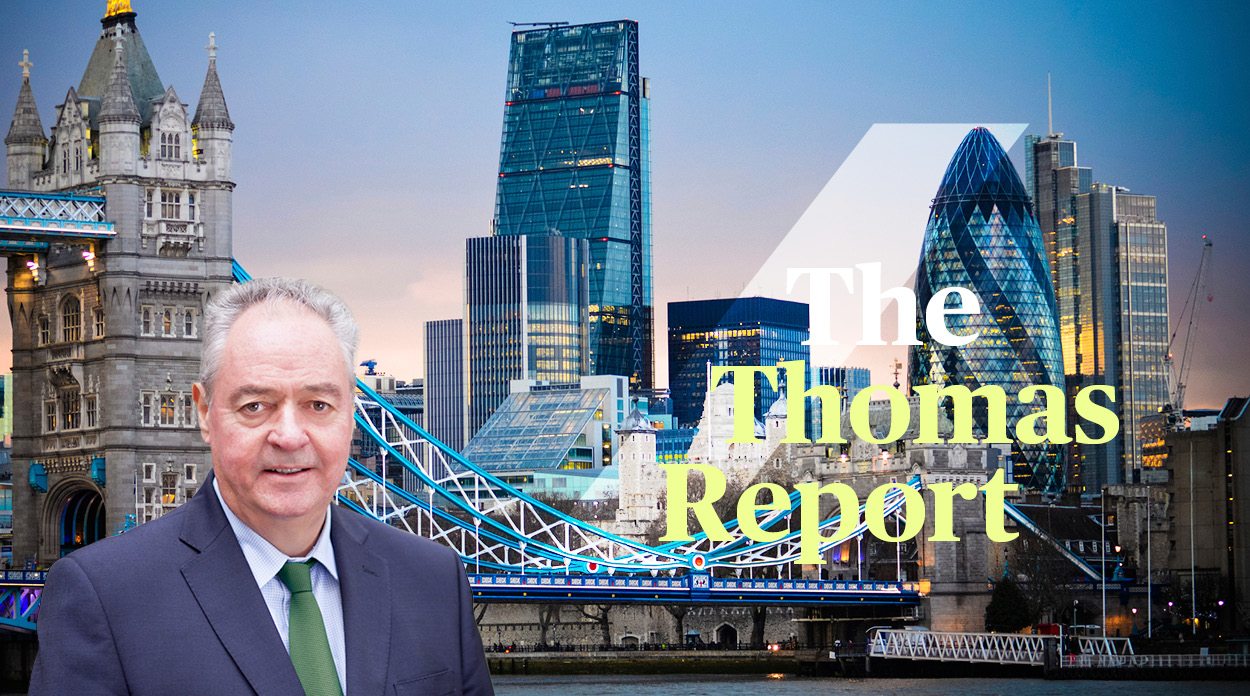The word ‘disruption’ is perhaps over-used when it comes to the adoption of the digital economy, but change is happening faster than you think. At a February presentation from Rio Tinto’s Chief Executive Officer, Jean-Sébastien Jacques, we learnt that half of the truck fleet working in Rio Tinto mines drive themselves and in three years it will be 100%. It is not just in terms of technical innovation that change is prevalent, we are seeing it in demographics. According to the Global Cities Institute, Kinshasa, in the Democratic Republic of Congo, has surpassed Paris as the largest French-speaking city in the world.
In our own economy, high street retailers are forced to cope with the growth of online retailing. Restaurants are adapting to Deliveroo, Just Eat and Uber Eats, while hotels are contending with AirBnB. And over the next decade we do not know what will be propelling cars, who will be driving them or who will own them. Software has morphed into the ‘Cloud’, photography into the smartphone (along with your torch and alarm clock), television to streaming and published advertising to online platforms. Any corporate activity, or business making a decent margin, is ultimately a target or opportunity for Amazon. Research earlier this year from stockbrokers Peel Hunt made the case that blockchain technology could disrupt disruptors such as Uber. According to the research, it is possible that disintermediation could threaten Uber’s business model: “users submit a request to Uber, Uber sends back their location to the nearest cars and notifies the drivers that a job is waiting. Once that trip is complete, the user pays Uber and Uber sorts out returning that money to the drivers, taking a cut in the meantime. In blockchain Uber, a user would submit a request to the connected ecosystem, and all parties would instantly be made aware and a driver would then be able to connect themselves directly. Once the transaction is complete, it would be verified and then the user’s account would be charged and the rightful driver would receive the money – all protected by the encrypted nature of blockchain.”
As technology progresses through to audio assistants (think Alexa) and augmented reality, so artificial intelligence (AI) and big data will drive the growth of the new economy. We mentioned in our last report we had invested in Eddie Stobart Logistics (ESL) for exposure to 26 distribution centres; 2,300 vehicles making 47,000 movements a week, oiling the wheels of ecommerce and working closely with the ‘frenemy’ Amazon.
The shares to date have not performed, probably because many believe that the contract logistics market has historically lacked innovation and appears to be a commoditised service. However, Berenberg have done some detailed research on ESL’s model of maximising utilisation through mixing customers’ loads in vehicles, operating in complementary sectors and dynamically monitoring vehicles’ movements in real-time, which minimises empty miles. As a result, ESL has market-leading vehicle utilisation rates of 86%, compared to an industry average of 71%. Also, many look at the green liveried lorries on the roads and conclude it is a road haulage company. While this remains a substantial part of the business, it has expanded into related businesses such as warehousing, supply-chain consulting and ecommerce services, including multi-channel order fulfilment, returns processing and stock clearance. Cost inflation is perceived to be a major risk to the business, i.e. does the company have the ability to pass through rising costs? ESL’s client contracts are structured in a way that fuel is a pass-through cost to the customer. Their contracts also have a range of other variables where potential cost inflation is accounted for, such as legislative changes and the like. Industry-leading margins of 7.5% compared to an average 4.9% are explained by ESL’s scale, high vehicle utilisation rates, diversified customer services and cost increase pass-throughs.







